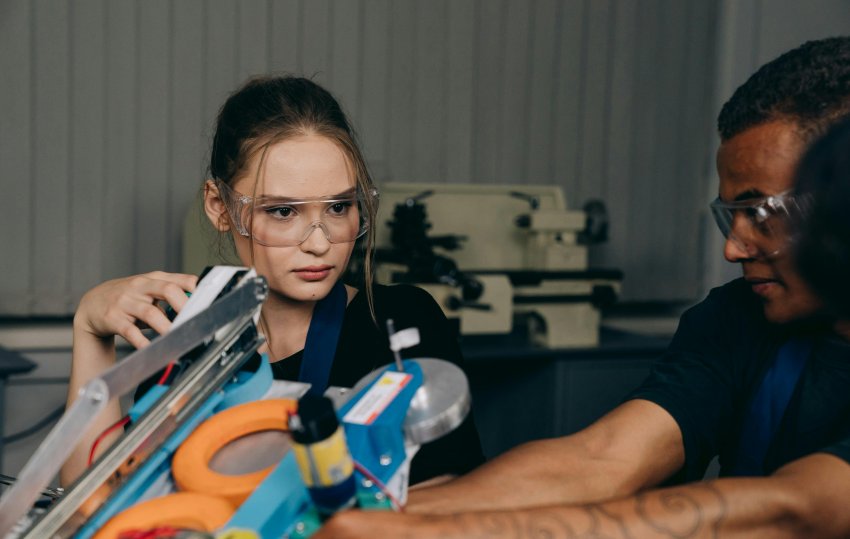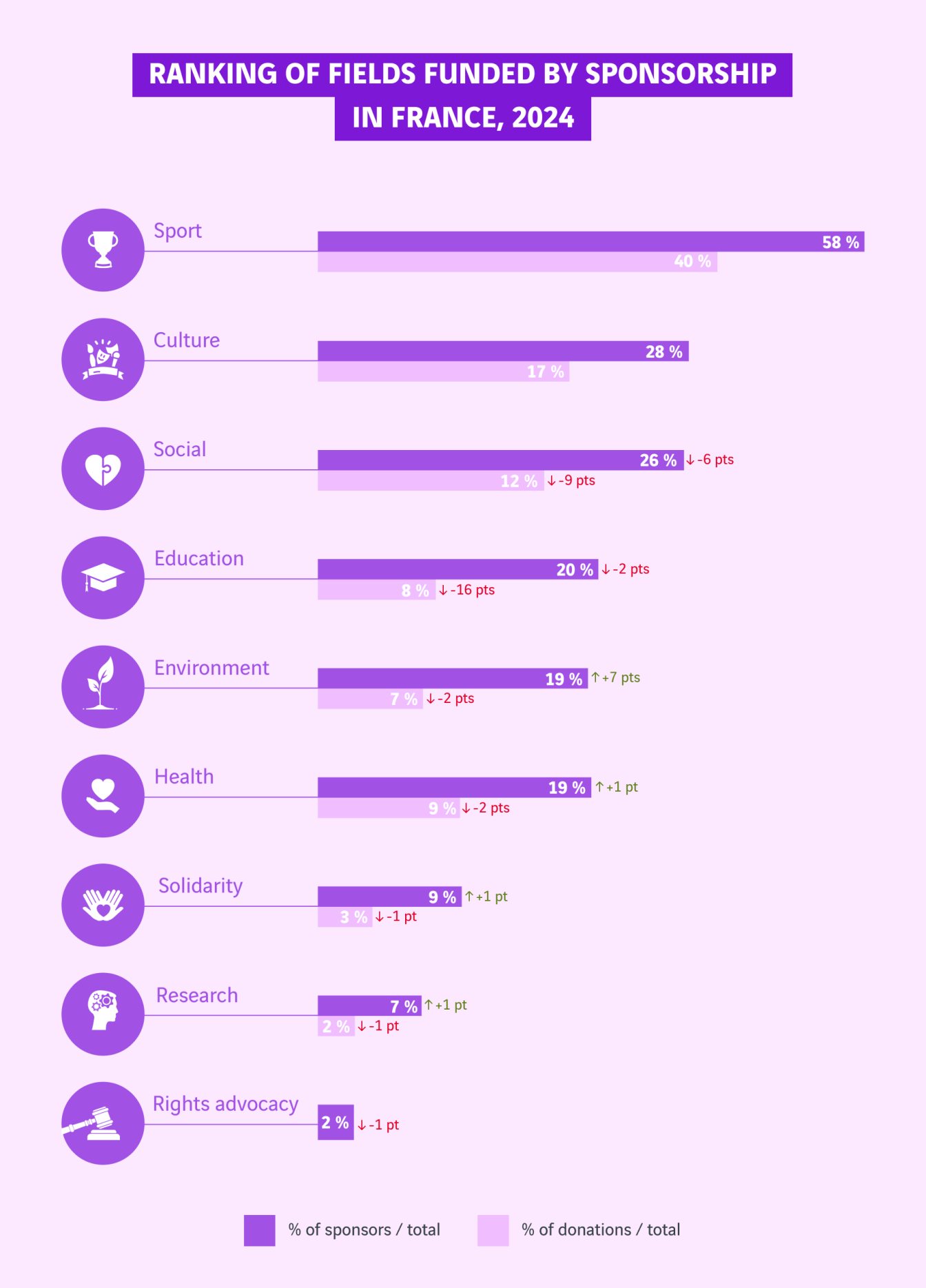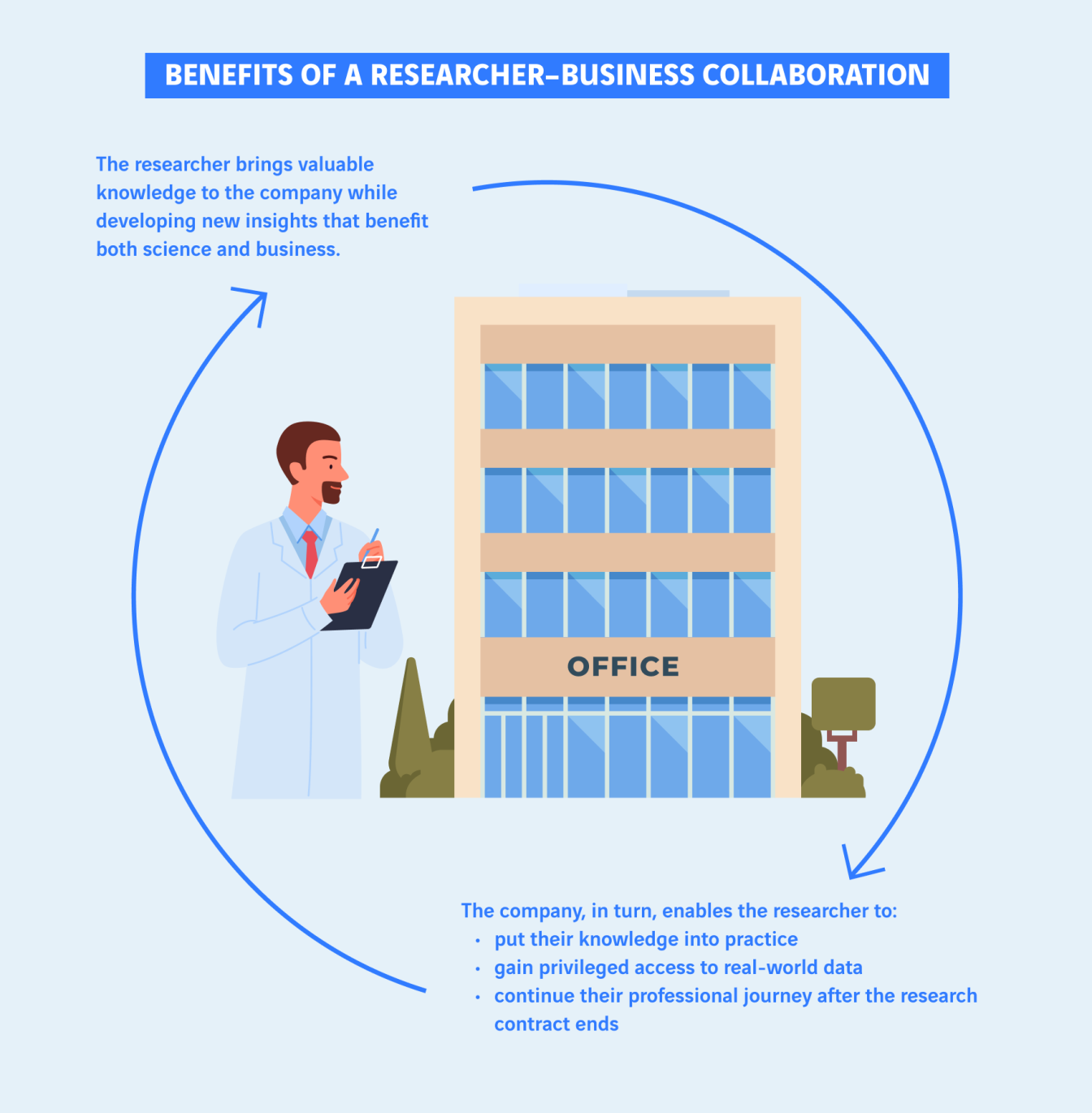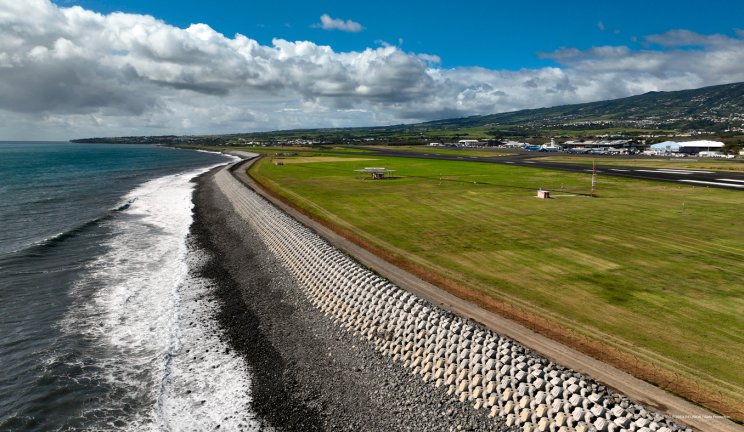Businesses supporting research and advancing scientific excellence
In the face of today’s major challenges—such as the ecological transition and the rise of artificial intelligence—scientific innovation stands out as a vital driver of progress. Companies like VINCI, fully aware of their role in this dynamic, are stepping up their support for research to help drive these advances and strengthen Europe’s competitiveness.
According to Clarisse Angelier, Executive Director of the French national association for research and technology (ANRT), there is only one to compete with the United States, China and other global regions: “Europe must invest more heavily in innovation, science and R&D.” Indeed, from digitalisation to decarbonising activities and the energy transition, the challenges facing the world today are so vast and complex that they can only be understood—and overcome—through the contribution of scientific research. While the public sector plays a vital role in supporting research, notably by funding laboratories, private investment through business engagement is also key. The stakes are twofold: staying ahead of tomorrow’s challenges while turning today’s knowledge into real-world solutions. European businesses have taken this to heart: in 2023, European industry increased its R&D investment by nearly 10%—a growth rate that, for the first time since 2013, outpaced that of their American and Chinese counterparts[1]. Here’s a closer look at the various ways companies can support research in the service of the common good.
Sponsorship, partnerships: when business backs academic initiatives
The primary way businesses support research organisations is through sponsorship, which plays a key role in supplementing public funding and making new research projects possible. That is why VINCI has chosen to support Hi! PARIS, the multidisciplinary research centre for artificial intelligence led by the Institut Polytechnique de Paris, HEC and INRA, as well as Sciences Po’s Bruno Latour Fund, dedicated to environmental and climate issues.
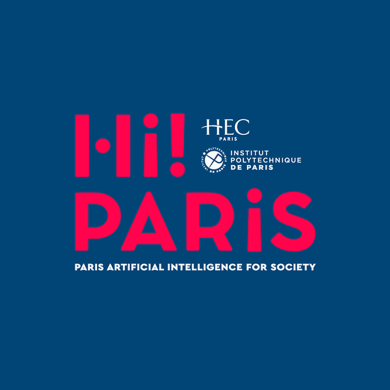
Hi! PARIS: At the forefront of AI research
Founded in 2020 by the Institut Polytechnique de Paris and HEC, later joined by INRA, Hi! PARIS is a multidisciplinary research centre focused on artificial intelligence and data analysis for business, science and society. In 2022, VINCI became one of the programme’s five corporate sponsors, committing €3 million over three years. As part of this initiative, VINCI is already hosting two PhD theses on energy efficiency in buildings and airports, with seven more doctoral students from the programme expected to join the Group soon.

The Bruno Latour Fund: Unpacking environmental transformations
Launched in 2022 by researcher Bruno Latour, the Bruno Latour Fund (A new climate for social sciences) is a postdoctoral research programme dedicated to studying environmental and climate transformations. Hosted at Sciences Po, its goal is to harness social science research to understand and respond to the challenges posed by the climate crisis, and to shape the debates and policies surrounding this issue. The fund will host 10 postdoctoral researchers from various disciplines between 2023 and 2026. VINCI, VINCI Autoroutes and Leonard are among its partners and are involved in overseeing the researchers' work.
This kind of support is especially valuable at a time when, as noted by the 2024 Corporate Philanthropy Barometer in France[2], scientific research ranks only eighth in the fields funded by philanthropy in France, accounting for just 2% of the total donations made by corporate donors.
Beyond philanthropy, companies can also form strategic research partnerships, such as the one VINCI Airports has established with Centrale Lyon and EM Lyon to prepare Lyon-Saint Exupéry Airport—operated by VINCI—for the forthcoming introduction of hydrogen (see box). This is one way to steer research towards the real, strategic challenges identified by the company. This is also the logic behind the lab recherche environnement, a networked R&D initiative focused on improving the environmental performance of buildings and infrastructure. The lab’s longevity, which stems from a 15-year collaboration between VINCI and three ParisTech schools (Mines Paris-PSL, École Nationale des Ponts et Chaussées ParisTech, and AgroParisTech), is a clear sign of the success of these long-term partnerships (see box).

VINCI Airports partners with Centrale Lyon and EM Lyon to prepare for the hydrogen era
To prepare airports and airport facilities for the arrival of hydrogen, VINCI has decided to host two PhD students from Centrale Lyon and EM Lyon. This partnership is designed to train executives within VINCI Airports who will be involved in developing decarbonisation tools for infrastructure, as well as techno-economic models that will enable the accommodation of low-carbon-emission aircraft. The aim is for their research to be both beneficial to the Group and a source of new knowledge in management sciences.
The lab recherche environnement: Academic expertise in service of practical solutions
Founded in 2008, the lab recherche environnement resulted from a partnership between VINCI and three ParisTech engineering schools, under the Fondation des Ponts. This philanthropic scientific initiative, which has already supported over 75 research projects with an investment of €18 million, has been extended through to 2028, with an additional €6 million in funding. Developed by VINCI Construction and AgroParisTech, the Revilo® solution for urban heat islands, recently awarded the VINCI Environment Grand Prize, exemplifies this approach of transforming research into concrete solutions for the environment.
Bringing expertise in-house: when companies hire researchers
Bringing scientific expertise in-house is another way of supporting research—essential for anticipating developments in a complex and ever-changing world. One option is the CIFRE scheme, short for “Conventions industrielles de formation par la recherche”. Created 40 years ago and coordinated by the ANRT (French national association for research and technology), the scheme brings together a PhD student, a laboratory and a company around a shared research project, and now accounts for nearly 10% of all doctoral theses in France. VINCI already hosts close to 30 PhD students through the CIFRE programme and plans to significantly increase that number in the short to medium term. These new talents enrich the company by building valuable bridges between research and operations, and between theoretical knowledge and practical application.
But researchers also benefit from this collaboration: PhD students gain access to particularly fertile ground for exploration. “As a researcher, it’s very rewarding to see the knowledge you’ve generated applied directly to the issues you’re working on,” says Timothée Gérard, who is completing a PhD on the reproduction of the European hamster as part of a CIFRE agreement between the CNRS, the Office de génie écologique and VINCI Autoroutes. “Researchers may be able to generate knowledge, but they need partners to put it into practice. The transfer of knowledge from academia to industry is often complex. Being able to rely on people who are familiar with both sides makes it much easier,” he continues.
For researchers, working within a company also means privileged access to large volumes of real-world data—a valuable asset in many fields, such as artificial intelligence (AI). “AI requires real data, as opposed to the synthetic data often used in labs,” explains Bruno Daunay, head of the AI programme at Leonard. With more than 4,200 companies, VINCI offers exceptional access to a wide variety of data. More broadly, the diversity of the Group’s activities exposes PhD students to a broad range of use cases and technologies, greatly enriching their research experience. These testing grounds can also become long-term career opportunities for researchers who choose to continue their journey with VINCI after their contracts end. The Group, for its part, aims to promote researchers to operational and managerial roles, in order to better combine scientific expertise with leadership skills. And, alongside other companies committed to research, help France and Europe stay in the race—while supporting progress.
Sources :
[1] Représentation de la Commission européenne en France. Les entreprises de l’UE dépassent leurs homologues des États-Unis et de la Chine en termes de croissance des investissements dans la R&D. 18 décembre 2024.
[2] Admical. Baromètre du mécénat d’entreprise 2024 – Les chiffres-clés 2024.
Subscribe
Stay tuned : receive our newsletter
Every quarter, discover new articles, exclusive features and experts' views delivered straight to your inbox.
Most viewed
Vous aimerez aussi
Climate change adaptation: new techniques and infrastructure for greater protection
With climate change gathering pace and its cascading consequences continuing to make their presence felt, such as heatwaves,…
Diagnostics and prevention driving climate change adaptation.
Identifying climate change risks to ensure greater protection is one of the objectives behind the adaptation concept. From…
From road to rail: European freight transport heads down the decarbonisation track
Freight transport is an inherent part of any business or trade activity, and a region’s economic prosperity is directly…
